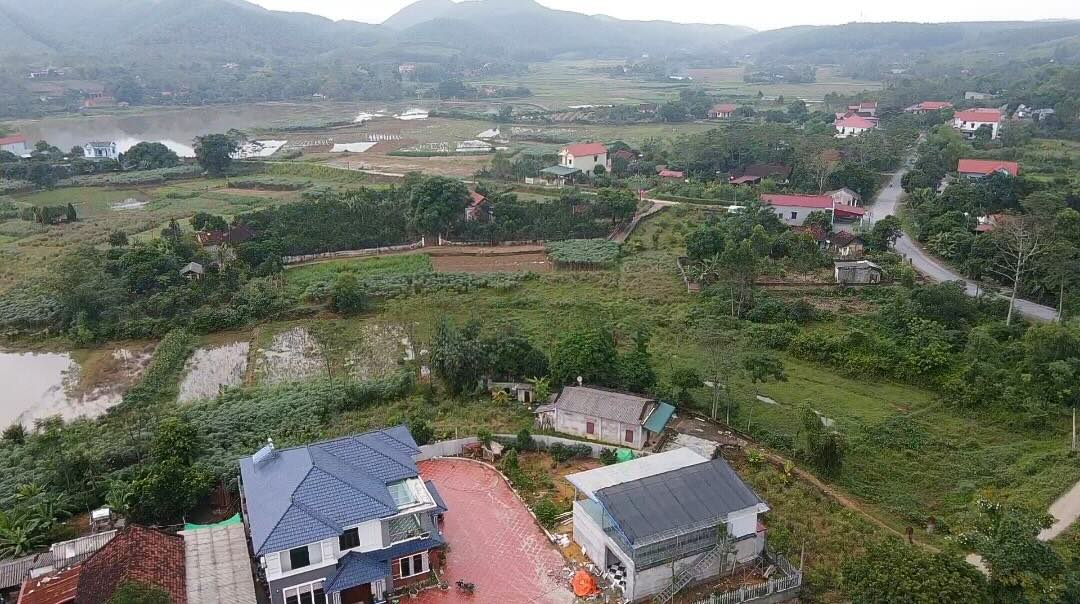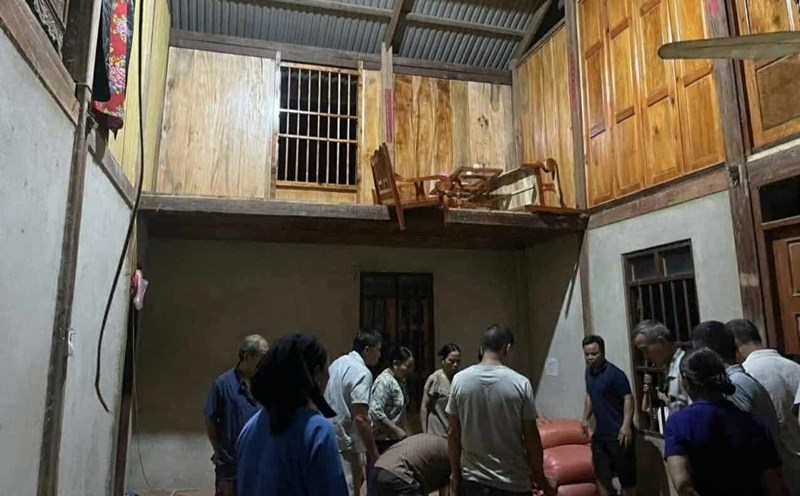The Ho Chi Minh City Real Estate Association (HoREA) has just sent a document to the Government and the Ministry of Agriculture and Environment regarding the draft Law amending and supplementing a number of articles of the 2024 Land Law. The outstanding content that HoREA pays special attention to is the land valuation mechanism.
New mechanism: 5-year land price list, annual adjustment coefficient
According to the draft, the land price list will be developed every 5 years, announced and applied from January 1 of the first year of the term. At the same time, the Provincial People's Committee can decide to adjust the land price coefficient annually or for each area.
HoREA highly appreciates this regulation because it makes land valuation transparent, easy to check, predictable and significantly shortens the time for administrative procedures.
The new mechanism also overcomes the situation where land prices have long been "unknown", causing both businesses and managers to face risks. Enterprises cannot proactively calculate costs, and officials are concerned about "legal risks" in the valuation process. The valuation according to the table and adjustment coefficient will create unity, reduce harassment and negativity, and at the same time protect cadres and civil servants in performing public duties.

Proposal to distinguish between areas within and exceeding the limit
Although positive, HoREA believes that the draft still lacks important regulations: when calculating land use fees for households and individuals, it is necessary to separate the area within the residential land allocation limit and the part exceeding the limit.
Currently, both are calculated at 100% according to the land price list, leading to the amount to be paid being too high, many households do not have the financial capacity to withdraw their applications for a red book, leading to illegal transactions, affecting the effectiveness of state management.
The Association recommends adding the principle: The area within the limit should be calculated for land use fees lower than the area exceeding the limit. This will create a legal basis to amend Decree 103/2024/ND-CP, while ensuring fairness and suitability for people's ability to pay.
Financial burden and proposed rate reduction
HoREA cited many specific cases: A 400m2 plot of land in Vinh City may have to pay up to 4.5 billion VND, a 208m2 plot in Hoc Mon must pay 1.7 billion VND, or 400m2 in District 7 must pay up to 14 billion VND. The Ministry of Finance has proposed applying a 30 - 50% land price to reduce the burden, but HoREA believes that this level is still too high.
The Association recommends only calculating 20% for the area within the limit and 30% for the part exceeding the limit so that people can access more appropriately.
HoREA also recommended considering applying the effective date back to before for households that have paid too high land use fees from August 1, 2024 until before the amended law takes effect, and at the same time allowing the difference to be refunded. According to the association, this is not only fair but also in line with the spirit of the Law on Promulgation of Legal Documents 2025.
According to HoREA, transparency of land valuation mechanisms not only removes difficulties for people but also creates convenience for businesses. When the land use fee can be forecast, investors will dare to decide to implement the project, avoiding prolonged capital burying. On the contrary, the State also ensures a stable source of income, reducing complaints and disputes about land financial obligations.
HoREA emphasized that this mechanism will contribute to the formation of a transparent and healthy investment environment, helping land truly become a resource for socio-economic development.
The land must become a driving force for development in the new era. To do so, the revised law must thoroughly resolve shortcomings in the land valuation mechanism" - HoREA's document clearly stated. The Association also recommends that the National Assembly and the Government carefully consider the new regulation to both ensure the rights of the State and be reasonable for people and businesses.











